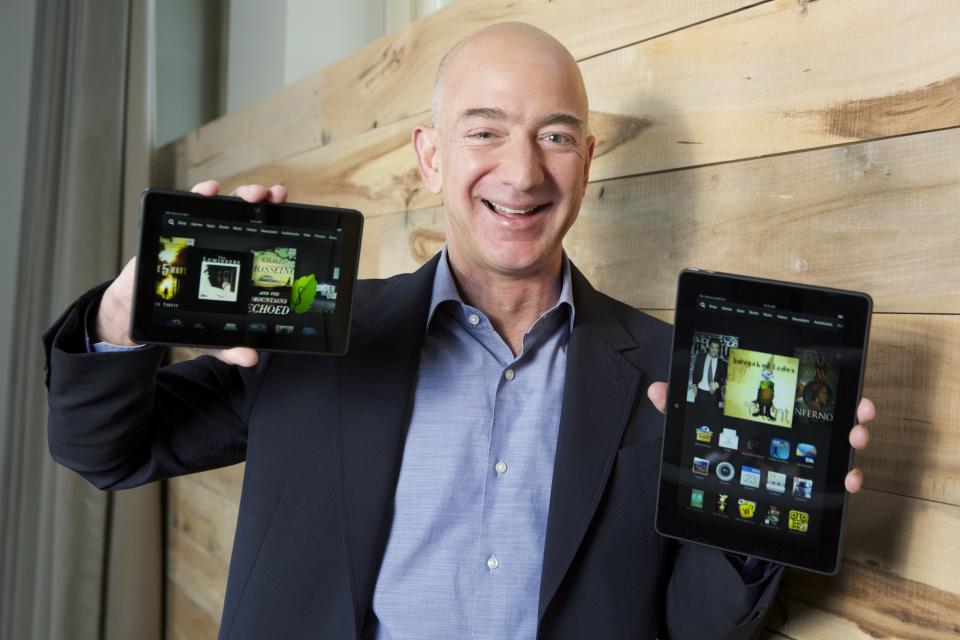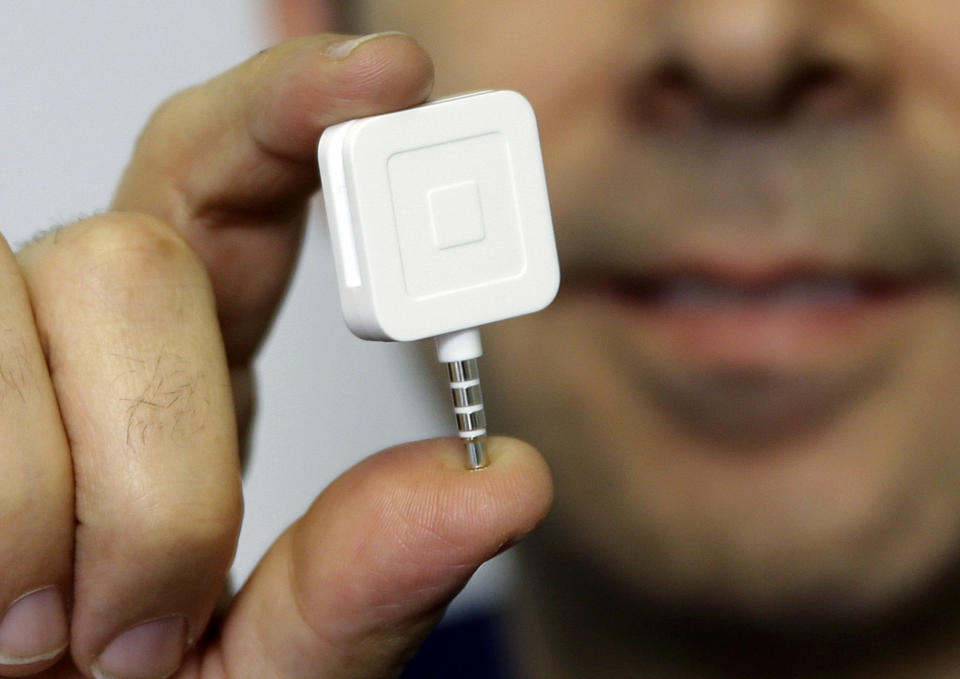Better than FANG? Consider MVP, CAT WMN, and PASS
You probably don’t remember what happened on February 5, 2013. There wasn’t much news: (The U.S. Postal Service announced it would end Saturday mail delivery.) Still, Bob Lang remembers that day well.
An equity and options trader at Aztec Capital, Lang was noodling investment ideas for his pal, Jim Cramer, when he came up with the idea of FANG stocks, which of course stands for Facebook, Amazon, Netflix, and Google.
“Lang has a ... name for them,” Cramer said on his CNBC show that day. “An acronym — he calls these tech companies FANG, because they all take major bites out of the bears.”
Now it would be an overstatement to say Lang’s life changed forever that day, though it was kind of a big deal for him—but the advent of FANG did become a major deal for investors.
To win the market, you had to own these 4 stocks
This notion of FANG, conceived almost exactly six years ago, has ushered in a bit of an era for investors by making obvious a right-in-front-of-our-faces fact: That being, four big tech companies were driving the stock market—and to some degree the economy writ large—and to win in the market at that point you pretty much had to own those stocks.

FANG has been both a proxy and driver for the second half of the super-elongated bull market that began in 2009, never mind the fact that as Lang says: “You can’t go through a business day without hearing the word FANG at least five times.”
FANG’s performance has been nothing short of stunning. Just in the past three years for instance, an equal-weighted basket of FANG stocks is up 140% percent versus 39% for the S&P 500. It’s even more remarkable given that two of the FANGs—Amazon and Google (now Alphabet)—are, while not exactly long in the tooth (couldn’t help myself there), fairly mature companies with mega-market caps.
Bull markets tend to produce favorite stock groups. The Nifty Fifty was a basket of big blue chip growth stocks (Coke, Disney—and also Schlitz) that powered bull markets back in the 1960s and 1970s.
The tech boom of the 1990s brought us first the Four Horsemen of the NASDAQ; Microsoft (or Mister Softy as Cramer called it back then), Intel, Dell, and Cisco, and then the Four Horsemen of the Internet; Oracle, Sun Microsystems, EMC, and Cisco (again.)
The common denominator here is that for a time these stock groups ran circles around the market—until of course they didn’t.
‘A disproportionate driver’
Which brings us back to FANG, and how much longer does it have to run. (Some have expanded the acronym to FAANG, to include Apple.)
The answer of course is, “Who knows?” — though analysts do have concerns. “[FANG stocks are] so large and so fast growing and so their contribution to any investor’s performance is so massively outsized relative to anything else. It throws a lot of things out of whack, frankly,” says Lisa Ellis, analyst at MoffettNathanson. “[FANGs] are a disproportionate driver. I don’t know even if it's that healthy for it to be so concentrated. It feels everybody's investment performance shouldn’t be tied to a handful stocks and companies.”
“We look at it as a very crowded trade,” says Brett Ewing, chief market strategist at First Franklin. “Every mutual fund, index and ETF is loaded with it. When everybody is in something, you’re typically due for a pretty decent pullback.”
“[FANGs] unfortunately have become victims of ETFs and futures,” says Lang. “Money is pushed around in and out of these ETFs and so forth; they don’t trade on fundamentals much anymore. They trade on supply and demand, algorithms.”
The new FANGS
Another issue is that FANGs have diverted attention away from all kinds of other tech stocks which have been star performers. Sure Apple, Microsoft, Salesforce, and Nvidia have treated investors just as well as FANGs and are high-profile enough, but names like Splunk, Twilio, and Trip Advisor have been stellar as well.

As it turns out, some Wall Streeters have come up with their own acronyms. Alex Zukin, managing director and senior research analyst at Piper Jaffray, has CAT WMN: for CRM, (Salesforce’s ticker), Adobe, Twilio, Workday, Microsoft, and ServiceNow. Lisa Ellis talks about MVP, for Mastercard, Visa, and PayPal.
Not to be outdone, Max Zahn of Yahoo Finance has come up with PASS, which stands for PayPal, Adobe, Square (Yahoo Finance’s company of the year in 2018), and ServiceNow, a grouping of non-FANG tech stocks that may be a bit under the radar but have also served investors oh-so-well. Remember that three year period where FANG was up 140% and the S&P was up 39%? Well, Max’s PASS stocks passed them both, climbing 321%.
I’m not sure Max’s PASS is going to always do better than FANG, or change Max’s life forever for that matter, but it does help to remind us that there is more to tech investing than just FANG.
Andy Serwer is editor-in-chief of Yahoo Finance.
Read more:
Why the reopened government might not end the IPO drought
Netflix can 'continue to raise prices' amid new competition, says media mogul Barry Diller